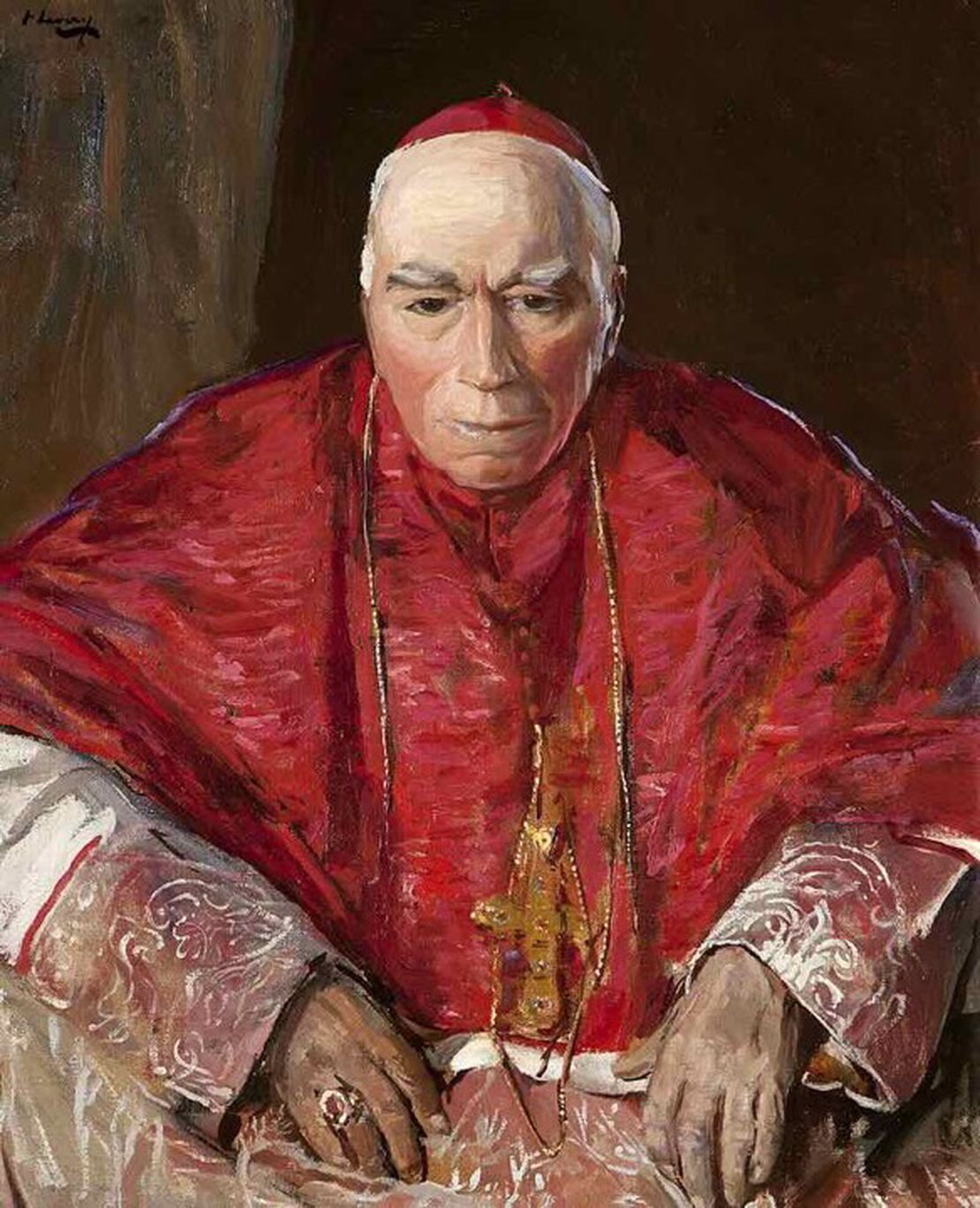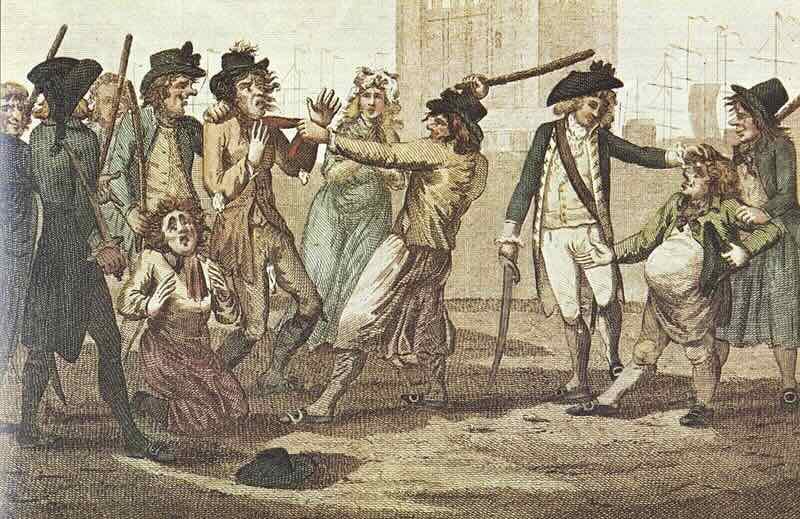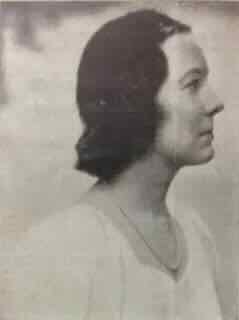- January 1, 1
Cardinal Michael Logue, the Primate of All Ireland, died on November 19, 1924, in Armagh, Ireland in Ara Coeli the official residence of the Archbishop of Armagh, on 19 November 1924 and was buried in a cemetery in the grounds of his cathedral.
He was an Irish prelate of the Catholic Church. He served as Archbishop of Armagh and Primate of All Ireland from 1887 until his death in 1924. He was created a cardinal in 1893.
Birth and Early Life
Michael Logue was born on October 01, 1840, at his mother’s paternal home, Duringings, in Kilmacrenan, County Donegal, Ireland. He was the son of Michael Logue, a blacksmith, and Catherine Durning. From 1857 to 1866, he studied at Maynooth College, a seminary for the training of Catholic priests, where his intelligence earned him the nickname “the Northern Star.”
Ordination and Episcopal Career
Logue was ordained as a priest in 1866.
He later appointed the Bishop of Raphoe in 1879 by Pope Leo XIII,
On 18 April 1887, Logue was appointed Coadjutor Archbishop of Armagh and Titular Archbishop of Anazarbus.
Upon the death of Archbishop Daniel McGettigan later that year, Logue succeeded him as the Archbishop of Armagh.
Cardinalate
Pope Leo XIII elevated Michael Logue to the cardinalate in 1893, making him the first Irish-born cardinal since the Reformation.
Primate of All Ireland
As Archbishop of Armagh and Primate of All Ireland, Cardinal Logue played a significant role in the Catholic Church’s hierarchy in Ireland. He held these positions for several decades, contributing to the church’s influence during a period of significant social and political change.
Political Involvement
Cardinal Logue was known for his involvement in political matters, advocating for Irish nationalism and Home Rule, a form of self-government for Ireland within the United Kingdom.
Death
Cardinal Michael Logue passed away on November 19, 1924, in Ara Coeli, Armagh, at the age of 84. His death marked the end of a long and influential ecclesiastical career.
Cardinal Logue’s legacy is remembered for his leadership within the Catholic Church in Ireland, his contributions to Irish political causes, and his advocacy for the rights and well-being of the Irish people.

 ← Conscription in the United Kingdom, was brought to an end
← Conscription in the United Kingdom, was brought to an end
 Pamela Hinkson, born →
Pamela Hinkson, born →